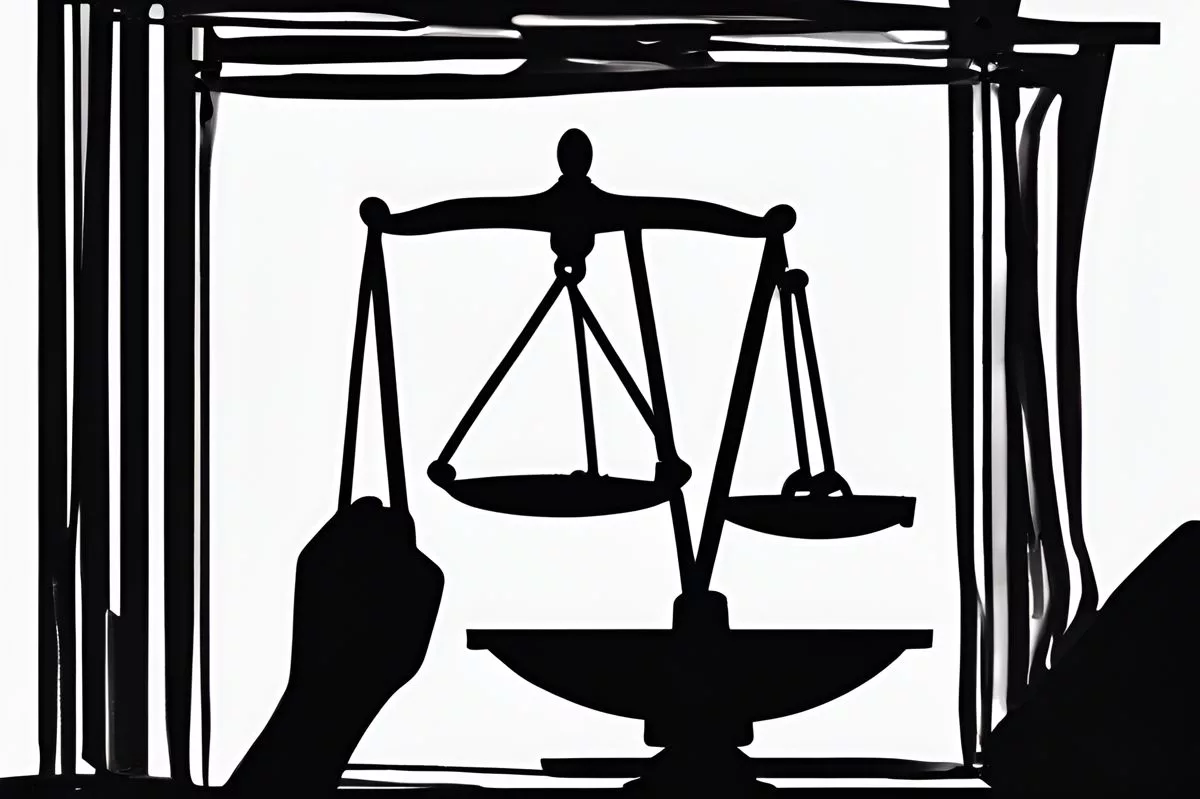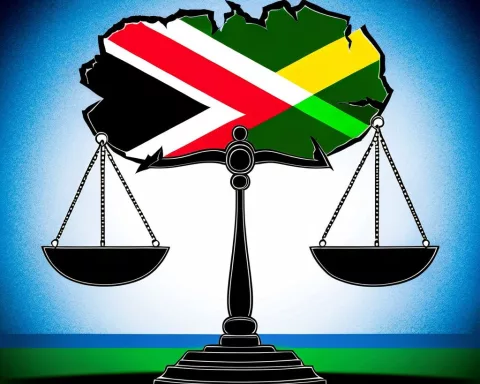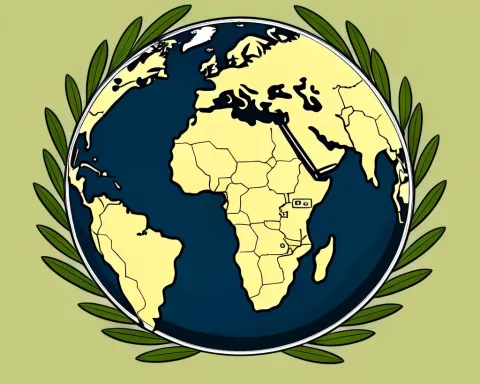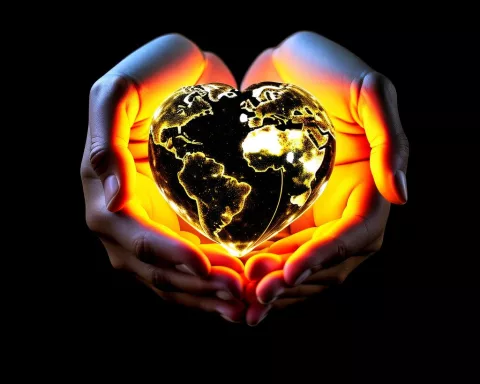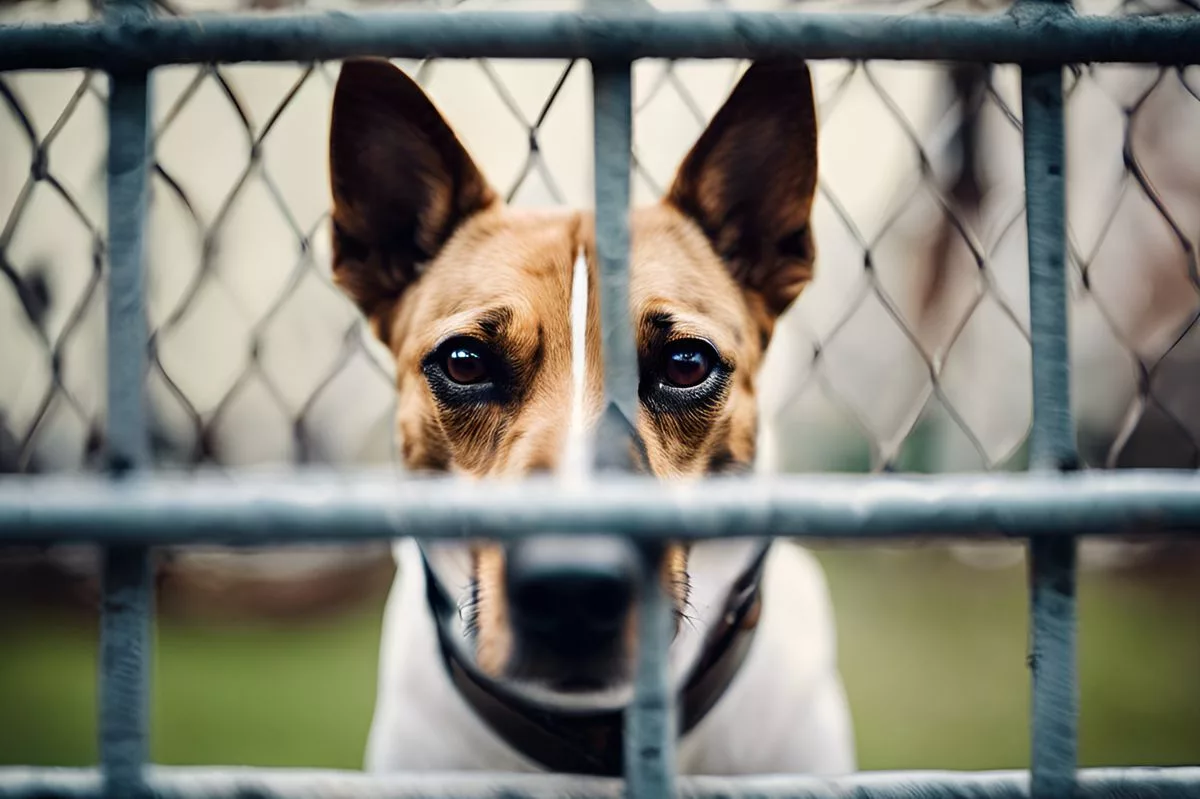The Democratic Alliance is challenging President Cyril Ramaphosa, alleging that he has used his executive position for political gain. The tension between a public office’s responsibilities to citizens and the potential for misuse is a global theme, highlighting the importance of political opposition in holding power accountable. This power struggle in South Africa exposes the intricate dynamics of political maneuvering in a democratic society and the pivotal role of opposition parties in upholding democracy.
Can the Democratic Alliance challenge President Cyril Ramaphosa’s actions?
Yes, the Democratic Alliance is commencing a legal challenge against President Cyril Ramaphosa, alleging that he has taken advantage of his executive position for political gain. The party accuses Ramaphosa of violating the Electoral Code of Conduct and prioritizing his politically compromised party over the wellbeing of South Africa. The tension between the responsibilities of a public office to its citizens and the potential for misuse for personal or partisan gain is a recurring theme globally, highlighting the pivotal role that political opposition plays in keeping power accountable.
Power Play in South African Politics
South African politics is currently in turmoil as the Democratic Alliance (DA), an opposition party, commences a legal challenge against President Cyril Ramaphosa. The party alleges that the President has taken advantage of his executive position for political gain. This intriguing power struggle exposes the intricate dynamics underpinning political maneuvering in a democratic society.
In the midst of a cold Sunday night, President Ramaphosa made use of the South African Broadcasting Corporation (SABC) platform for a national address. The goal was to shine a light on the triumphs achieved by his administration which encompassed a wide range of areas including corruption control, Covid-19 pandemic management, the fight against gender-based violence, and significant improvements in mitigating loadshedding. Moreover, the President also highlighted the implementation of the National Health Insurance Bill (NHI), marking a significant milestone in South Africa’s healthcare sector.
Different Interpretations
Despite these seemingly positive announcements, the Democratic Alliance interpreted the President’s address differently. The party posited that Ramaphosa’s speech was a veiled campaign for the African National Congress (ANC), strategically scheduled ahead of the imminent May 29th elections. DA leader, John Steenhuisen, led this accusation, arguing that such perceived campaigning was a violation of the Electoral Code of Conduct.
Steenhuisen put forth that the Electoral Act explicitly forbids the misuse of power, privilege or influence to manipulate election results. He went a step further by categorizing Ramaphosa’s acts as a deliberate strategy designed to give the ANC undue publicity not afforded to other competing parties.
Steenhuisen pulled no punches, accusing Ramaphosa of prioritizing his politically compromised party over the wellbeing of South Africa. “Ramaphosa has abused his presidential position, indicating a sense of desperation as he sees voters ready to hold the ANC accountable for corruption and poor governance,” Steenhuisen declared.
Threat to Democracy
Steenhuisen’s attack extended beyond direct allegations. He suggested that the President’s actions insinuated the ANC’s readiness to undermine the foundations of constitutional democracy in a desperate attempt to retain power. This claim paints a grim image of a party willing to sacrifice democratic ideals for the sake of political survival.
In response, Vincent Magwenya, the spokesperson for President Ramaphosa, offered a different perspective. He contended that the President’s address was an impartial assessment of the administration’s performance. He further stated that it aimed to assure South Africans of the upcoming free and fair elections.
The Role of the Opposition
As the drama unfolds, the DA’s assertion against Ramaphosa shines a light on one of the most profound challenges of democratic governance. The tension between the responsibilities of a public office to its citizens and the potential for misuse for personal or partisan gain is a recurring theme globally.
The defiant stance by the Democratic Alliance embodies the pivotal role that political opposition plays in keeping power accountable. This is a crucial element in maintaining a delicate equilibrium that helps democracy flourish. As Steenhuisen urges voters to turn out in large numbers to end the ANC’s alleged democracy abuse, he resonates with those who value fairness and equality in political competition.
An exploration into this captivating narrative of power, politics, and ethics serves as a reminder that the safeguarding of democracy often rests in the hands of watchful opposition parties and an educated electorate. In this scenario, the Democratic Alliance has stepped forward, setting the stage for an enthralling faceoff in South Africa’s political sphere.
1. What is the Democratic Alliance’s legal challenge against President Cyril Ramaphosa?
The Democratic Alliance is challenging President Cyril Ramaphosa, alleging that he has taken advantage of his executive position for political gain. The party accuses Ramaphosa of violating the Electoral Code of Conduct and prioritizing his politically compromised party over the wellbeing of South Africa.
2. What are the different interpretations of President Ramaphosa’s national address?
Despite seemingly positive announcements, the Democratic Alliance interpreted the President’s address as a veiled campaign for the African National Congress (ANC), strategically scheduled ahead of the imminent May 29th elections. DA leader, John Steenhuisen, led this accusation, arguing that such perceived campaigning was a violation of the Electoral Code of Conduct. However, Vincent Magwenya, the spokesperson for President Ramaphosa, contended that the President’s address was an impartial assessment of the administration’s performance and aimed to assure South Africans of the upcoming free and fair elections.
3. What does the Democratic Alliance’s assertion against Ramaphosa highlight?
The tension between the responsibilities of a public office to its citizens and the potential for misuse for personal or partisan gain is a recurring theme globally. The defiant stance by the Democratic Alliance embodies the pivotal role that political opposition plays in keeping power accountable, which is crucial for maintaining a delicate equilibrium that helps democracy flourish.
4. What is the significance of the opposition party’s role in upholding democracy?
The safeguarding of democracy often rests in the hands of watchful opposition parties and an educated electorate. In this scenario, the Democratic Alliance has stepped forward, setting the stage for an enthralling faceoff in South Africa’s political sphere.
5. What is the Electoral Code of Conduct?
The Electoral Code of Conduct prohibits the misuse of power, privilege or influence to manipulate election results. It is intended to ensure free and fair elections in South Africa.
6. What are the allegations against the ANC party?
The DA’s leader, John Steenhuisen, accused the ANC of being politically compromised and prioritizing its party’s success over the wellbeing of South Africa. He also suggested that the President’s actions insinuated the ANC’s readiness to undermine the foundations of constitutional democracy in a desperate attempt to retain power.

